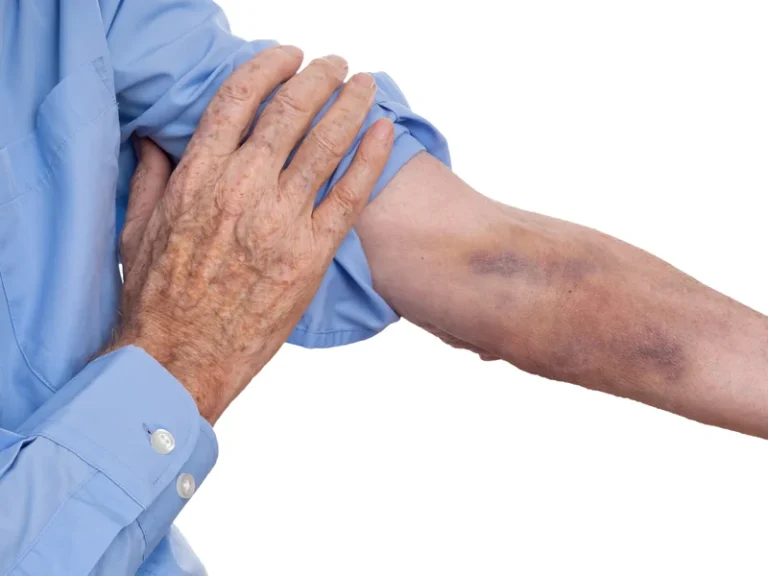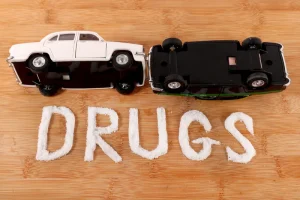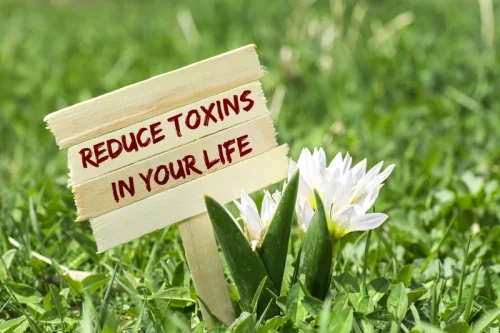
Including both of these doses or de‐selecting either one of these doses from Rosito 1999 from Analysis 2.1 and Analysis 2.2 (medium doses of alcohol) resulted in the same statistically significant conclusion. We classified seven studies as having unclear risk of performance bias (Bau 2005; Bau 2011; Cheyne 2004; Dumont 2010; Karatzi 2005; Mahmud 2002; Maule 1993). Bau 2005 and Bau 2011 mentioned only that investigators and volunteers were blinded to the content of the drink but did not mention the method of blinding used in these studies. Karatzi 2005 mentioned the method of blinding of participants, but it is not clear whether involved personnel were blinded as well. The method of blinding of participants and personnel was not mentioned in Dumont 2010, Mahmud 2002, and Maule 1993. In Cheyne 2004, participants were blinded to the content of the drink, but some reported that they were able to detect the alcohol by taste at the end of the study.
Karatzi 2013 published data only

However, experts believe these effects may result from differences between people who drink moderately and those who do not. Researchers found that people who drank beetroot juice had reduced systolic blood pressure compared with those who did not drink the juice. Systolic blood pressure is the pressure in a person’s arteries when their heart beats. A 2019 study suggests that drinking hibiscus tea twice per day alongside lifestyle and dietary strategies may help reduce blood pressure in people with stage 1 hypertension. The CDC notes it is impossible to know whether these health benefits are due to drinking low amounts of alcohol, or whether they are due to differences in genetics or behaviors of people who drink moderately compared with those who do not. The findings of this review support the current recommendations to avoid alcohol.
Dumont 2010 published data only
So, it’s important to think about your overall health and talk to a healthcare provider about your personal risk factors. This may be due to alcohol affecting the chemicals in the body that control blood vessel constriction and fluid levels. In a 2019 study of 17,059 males and females, researchers observed that people who drank a moderate amount of alcohol compared to none were 53% more likely to have stage 1 hypertension and two times more likely to have stage 2 hypertension. To prevent various health complications, including high blood pressure, people should try to limit their alcohol consumption to one or two glasses infrequently. Recent data suggest that moderate and heavy drinking contributes to high blood pressure in men and women.

Hartmann 2017 published data only
- A biphasic response was observed with high doses of alcohol, with an initial decrease in both systolic and diastolic blood pressure (SBP and DBP, respectively) for up to 12 hours, increasing at more than 13 hours from consumption.
- Cortisol, plasma renin activity (causing vasoconstriction and sodium and water retention), and impaired endothelial function (inhibiting vasodilatory responses and promoting oxidative stress) have also been reported in heavy drinkers.
- In addition, data from studies using new research methods, including Mendelian randomization, suggest that the relationship between low-to-moderate alcohol consumption and cardioprotection merits more critical appraisal (Holmes et al. 2014).
- The type of alcoholic beverage also determines the impact on health, with red wine being considered healthy, for instance, due to the high polyphenol content.
- CCBs can be used in combination with other medications to lower blood pressure.
The evidence synthesised in this review was collected from 32 RCTs in 767 participants. Of the 32 studies, two studied low‐dose alcohol, 12 studied medium‐dose alcohol, and 19 studied high‐dose alcohol. The sample size in the meta‐analysis for low‐dose comparison was not adequate to assess the effects of low doses of alcohol on BP and HR; however, we believe that the direction of the change in BP and HR was correct. For medium doses and high doses of alcohol, participants represented a range in terms of age, sex, and health condition.
A biphasic response was observed with high doses of alcohol, with an initial decrease in both systolic and diastolic blood pressure (SBP and DBP, respectively) for up to 12 hours, increasing at more than 13 hours from consumption. The authors noted that there was no overall increase in the risk of hypertension how does alcohol affect blood pressure with any level of alcohol consumption for African Americans as a group, although in Black women, there was an association between light drinking and higher blood pressure. However, there were far fewer studies that focus on African Americans for the researchers to review, and more research may be needed.
According to the published protocol, we intended to include only double‐blind RCTs in this review. Because higher doses of alcohol exert specific pharmacological effects on drinkers, we had a few double‐blind RCTs after the first screening. Considering the difficulty of masking in these types of studies, we decided to also include single‐blind and open‐label studies in the review. We took several steps to minimise the risk of selection bias to identify eligible studies for inclusion in the review.
Medical Links
- These differences in alcohol consumption duration and in outcome measurement times probably contributed to the wide variation in blood pressure in these studies and affected overall results of the meta‐analysis.
- Studies have shown a link between alcohol and hypertension, or high blood pressure.
- It’s also important to know that the ways in which alcohol affects your heart will vary from person to person, depending on your age and other conditions you may have.
- At the same time, some studies suggest that stopping or reducing alcohol intake produces better outcomes for those with high blood pressure or CVD.
“If you have high blood pressure, it’s probably in your best interest to drink minimally,” Morledge said. Vijaya Musini (VM) contributed to data analysis, interpretation of the final result, and editing of the final draft of the review. James M Wright (JMW) formulated the idea, developed the basis of the protocol, and contributed to data analysis, interpretation of the final result, and editing of the final draft of the review. We graded the overall certainty of evidence using the GRADE approach via GRADEpro GDT software (GRADEpro 2014); we formulated summary of findings (SoF) tables. We excluded 450 trials after reviewing the full‐text articles, and we recorded the reasons for exclusion (see table Characteristics of excluded studies table). After de‐duplication and screening of titles and abstracts, we were left with 482 citations for further assessment.

Yang 2017 published data only
Previous studies reported that women are affected more than men after drinking the same amount of alcohol because of their lower body weight and higher body fat. The blood alcohol concentration (BAC) rises faster in women because they have a smaller volume of distribution (Kwo 1998). In contrast, women eliminate alcohol from the body a little faster than men (Thomasson 2000). Different genetic variants of ADH and ALDH enzymes have been found to show strikingly different rates of alcohol metabolism among different races (Chen 1999; Peng 2014; Agarwal 1981). Thus alcohol decreases blood pressure initially (up to 12 hours after ingestion) and increases blood pressure after that.
Mental health
Opaque sealed randomised envelopes were used in Cheyne 2004 and Foppa 2002, and random number allocator was used in Rosito 1999. It is important to note that information regarding the method of allocation concealment used in Foppa 2002 and Rosito 1999 was provided by the study author via email. We also contacted Hering 2011, but the study author did not explicitly mention in the email the method of allocation concealment used. For multi‐arm trials, if a study reported more than one intervention https://ecosoberhouse.com/ arm, we identified the relevant intervention arm and included that in the review. If studies reported more than one placebo group, we combined them into a single group when appropriate, using the formulae for combining groups reported in Chapter 7 of the Cochrane Handbook for Systematic Reviews of Interventions (Higgins 2011). We followed the same formulae for combining groups if a study reported two different types of alcoholic beverages containing the same amount of alcohol.
Heart rate increased significantly after alcohol consumption and remained increased at all times measured. We included 32 randomised controlled trials involving 767 participants published up to March 2019. Although these trials included adults from 18 to 96 years of age with various health conditions, most study participants were young healthy males. The newest evidence suggests benefits for heart health of drinking alcohol are less and apply to a smaller group ofthe population than previously thought. The only group who might see some benefit overall in the UK is women over the age of 55, but and even then only at low levels of drinking – around 5 units a week or less.